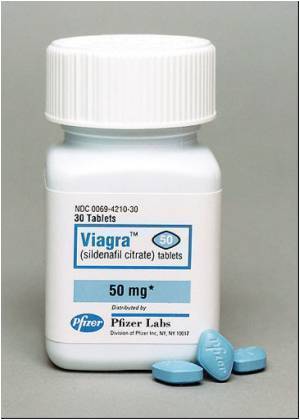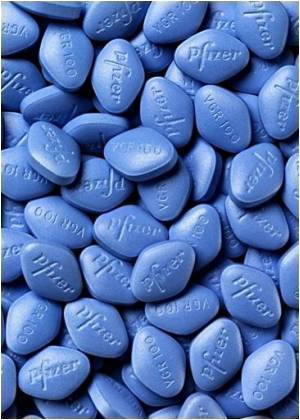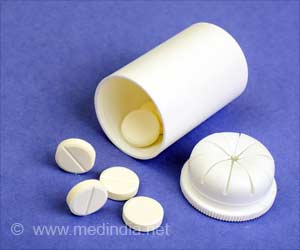Sildenafil, aka Viagra successfully neutralized chronic inflammation in the melanoma mice and combated the immunosuppressive activity of MDSC.

In an inflammatory immune response, immune cells of a certain type migrate into the tumor environment and release characteristic immune mediators. "Our aim is to reduce the chronic inflammations and, thus, to support the immune system in actively fighting the cancer," Umansky said.
He and his team have now studied chronic inflammation as it is caused by malignant melanoma. For their research, they used genetically-modified (transgenic) mice that spontaneously develop a type of skin cancer which is very similar to human melanoma. In the tumor environment and in metastatic lymph nodes of the animals, the investigators detected inflammatory mediators such interleukin-1-β and interferon-γ. These immune mediators attract what are called myeloid-derived suppressor cells (MDSC). These immune cells are known to inhibit the immune system's most important tumor-specific fighters, the T cells.
What exactly happens when T cells get under the influence of MDSC? When the researchers exposed T cells obtained from the spleen of a healthy mouse to MDSC in the culture dish, the T cells stopped proliferating. Moreover, the T cells reduced the level of an important activating molecule. "This shows that tumor-specific T cells are actively suppressed by myeloid-derived suppressor cells," said Umansky, explaining their findings.
The melanoma mice were then given sildenafil. This substance, which is better known under its trade name, Viagra®, had already been reported to improve tumor immunity in experimental animal models several times before. Of the mice that had been given the substance with their drinking water, more than twice as many were still alive after about seven weeks as of their untreated fellows. In the animals that had been treated, both the number of tumor-specific T cells and the level of activating molecules had returned to normal. This means that sildenafil successfully neutralizes the chronic inflammation in the melanoma environment and combats the immunosuppressive activity of MDSC.
"Our research approach is special because the disease takes a very similar course in mice as melanoma does in humans," Viktor Umansky said explaining the medical relevance of his findings. "Therefore, it is very well possible that sildenafil can also inhibit the immunosuppressive effects of inflammation and thus improve antitumor immunity in people with melanoma. In this way, the drug may contribute to achieving better treatment results in malignant melanoma."
Source-Eurekalert















